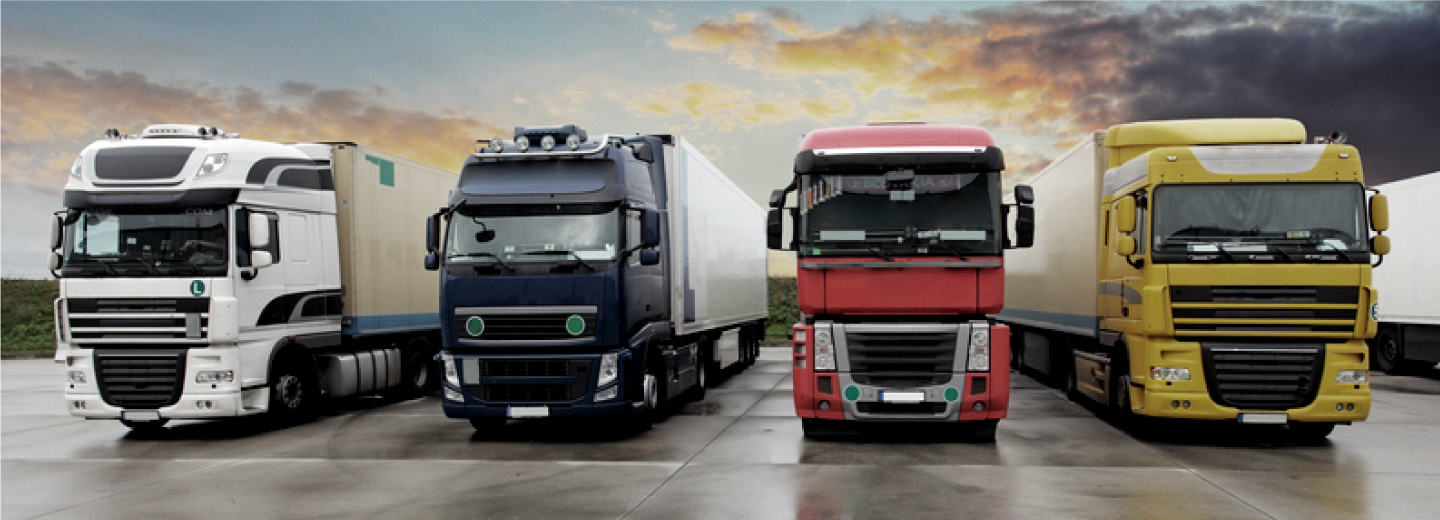
If your business needs to upgrade its vehicles, secure the finance to need to buy or lease a new fleet.
Vehicle finance is a way for your business to purchase or hire new commercial vans or fleets, without putting your cashflow at risk.
It's a type of asset finance, specifically related to vehicles, which are a popular option for any business that doesn’t have the cashflow to purchase vans or fleets up front, as it allows them to spread the cost over a period of time with monthly repayments.
Vehicle finance is a type of business loan secured against the asset, which means there is little risk for the lender, so interest rates are often lower than other types of business funding.
For businesses that have the opportunity to grow, but don’t have the working capital to take that step, vehicle finance can be a great solution.

Capitalise can help you find a lender to finance most types of commercial vehicles. Assets that hold their value like vehicles, machinery or equipment (known as hard assets) will be easier to finance than soft assets (like office equipment) as there is less risk associated. Below are some examples of hard assets:
The lenders we work with specialise in the following areas:
Get the resources your business needs without tying up your cashflow
Here are the key advantages and disadvantages of vehicle finance you should be aware of:
More and more SMEs are using asset finance to invest in business growth. Asset finance is a form of business funding that can enable a business to purchase or refinance business equipment, spreading the cost over an agreed period of time. It is effectively a loan to buy or lease equipment, which can enable you to move your business forward.
Asset finance helps businesses finance exactly what they need and has considerable tax saving benefits. Capitalise has partnered with lenders who specialise in asset finance, making it easy for you to find lenders most likely to give you an offer.
At Capitalise, we work with specialist lenders who have a proven track record supporting similar businesses within your sector.

Sourcing finance can be a struggle for most businesses, especially in times of economic uncertainty. When traditional sources dry up, alternative solutions, such as asset finance, can offer a cost effective, and flexible method of purchasing business assets. Vehicle finance is a particularly well suited option for SMEs looking to invest in growth. Use Capitalise to find, compare and select lenders who specialise in asset finance.

It allows you to use your business capital to expand and make profit for your business. With leasing, you pay for your new business equipment in the same way as you pay your employees. This allows you to save your usable capital and makes budgeting for new purchases easier.
It is possible to join a new lease agreement with your existing lease and determine a new fixed end period. Otherwise your existing lease can be partly settled, providing a flexible way of upgrading without rolling forward debt.
Banks will often fund equipment and machinery; however, they typically provide only short-term and long-term funding - not medium term. Many companies choose to use asset funding to protect their working capital. Cash flow is crucial to every business, so it may be wise to leave headroom for other bank facilities in the future.
The cost of renting or leasing an asset is deductible as a business expense, so this can reduce your overall tax bill. If you expect to own the asset at the end of the lease or hire purchase period, this is considered a supply of goods for VAT purposes and you will have to pay VAT on the entire value at the start of the contract. If you will not become the owner of the asset at the end of the lease or hire purchase contract, this is a supply of services for VAT purposes, so VAT will be payable periodically.
You can claim capital allowances for assets bought through hire purchase as well as assets supplied through long-term lease. You can't claim capital allowances with shorter leases (i.e., less than five years and sometimes less than seven), but the leasing company can, so you should benefit indirectly through lower rental charges. Also, because it's a trading expense, you can usually deduct the full rental costs from your taxable income.